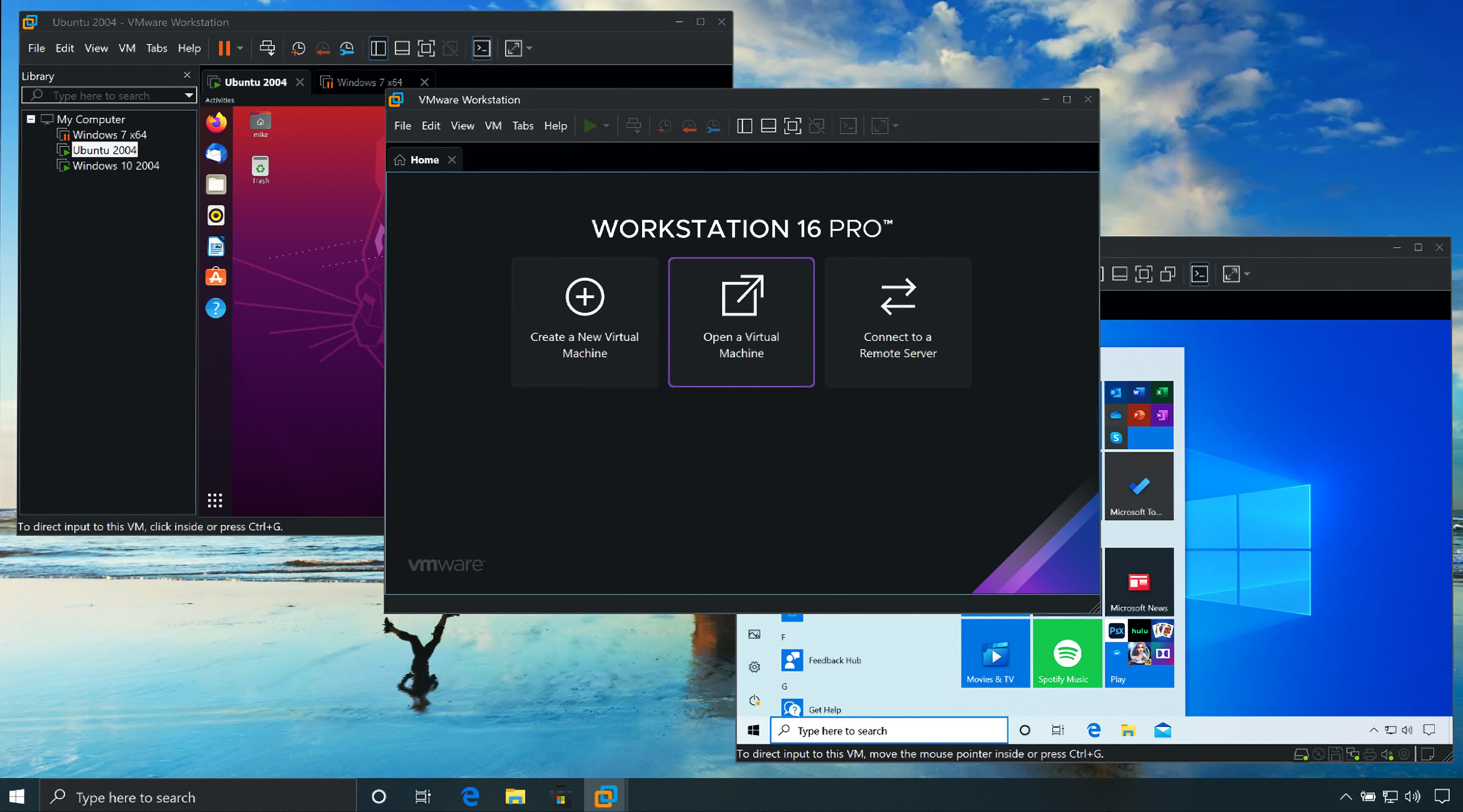Serving tech enthusiasts for over 25 years.
TechSpot means tech analysis and advice you can trust.
You will own nothing and be happy: The adage applies to companies, too. Telecom giant AT&T filed a lawsuit last week against Broadcom, claiming it is trying to change its VMware licensing terms retroactively. The filing says Broadcom refused to allow AT&T to renew support for previously purchased VMware perpetual licenses unless the company agreed to new terms.
When Broadcom acquired VMware last year for $61 billion, it didn't waste time making changes. Its first move was to lay off practically everybody. It dismantled the entire EUC line, sending fears into the community of VMware customers that it might axe hypervisor Workstations.
Along with other changes, Broadcom discontinued the sale of perpetual enterprise licensing and switched to a subscription model. Subscriptions were an apparent attempt to increase revenue at the customer's expense, which didn't float too well with many long-time clients. One Australian firm dumped 24,000 virtual workstations after Broadcom's price hikes made it unmanageable.
Similarly, AT&T operates around 75,000 virtual machines on nearly 8,600 servers to conduct customer service business and operations management. It claims Broadcom must provide two more years of service on its previous three-year service agreement. Without support, AT&T runs the risk of a critical failure caused by a bug or security issue.

The telecom tried negotiating a new agreement, but Broadcom refused to play ball and threatened to cancel AT&T's support on September 9. The company has asked the State of New York Supreme Court to impose an injunction to stop Broadcom from shutting it down. It also seeks "further relief," presumably to remediate the contractual dispute.
"We have filed this complaint to preserve continuity in the services we provide and protect the interests of our customers," an AT&T spokesperson told Ars Technica.
The company claims Broadcom's bottom line was for AT&T to agree to a new set of "unfair" terms. These conditions would cost "tens of millions" more than its current service contract.
"Specifically, Broadcom is threatening to withhold essential support services for previously purchased VMware perpetually licensed software unless AT&T capitulates to Broadcom's demands that AT&T purchase hundreds of millions of dollars' worth of bundled subscription software and services, which AT&T does not want."
These stipulations are more expensive and require AT&T to expend additional resources on its network to "accommodate the new software." The telecom would rather take an "if it ain't broke, don't fix it approach." It also called Broadcom's terms "bullying tactics" and indicated that it expected as much given the company's post-acquisition behavior.

The court filing quoted Ars Technica's early reporting of the merger, saying:
"Broadcom wasted no time strong-arming customers into highly unfavorable subscription models marked by 'steeply increased prices[,]' 'refusing to maintain security conditions for perpetual license[d] [software,]' and threatening to cut off support for existing products already licensed by customers – exactly as it has done here."
Broadcom has 20 days to respond to the legal action. However, the company has already stated its stance. It says that AT&T is not eligible for continuing support because it was allegedly supposed to renew all three years of service support by the end of 2023, not one year at a time.
A court loss for AT&T could have wide-sweeping circumstances for its customers. For example, first responders, including firefighters, paramedics, and police officers nationwide, rely on AT&T's services. An interruption to reconfigure current infrastructure to accommodate Broadcom interrupts emergency workers dealing with "public safety and national security."
The spokesperson declined to comment when asked whether AT&T had a "backup" plan to minimize service disruption if its legal actions against Broadcom fail.
Image credit: Mike Mozart





/cdn.vox-cdn.com/uploads/chorus_asset/file/24371439/236492_MacBook_Pro_16__2023__AKrales_0247.jpg)

:quality(85):upscale()/2024/09/09/791/n/49351773/91e1c31e66df37933d9bf8.44427956_.jpg)

 English (US) ·
English (US) ·